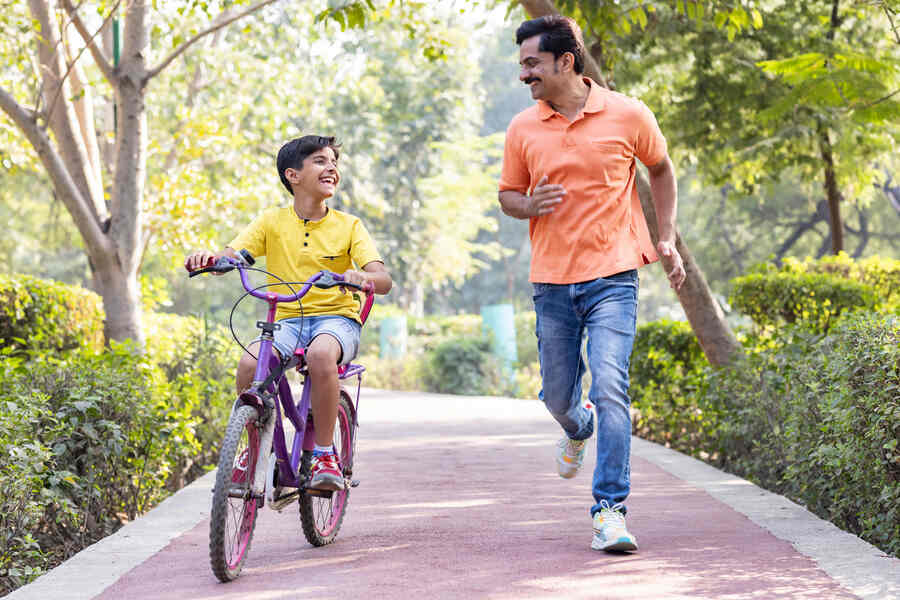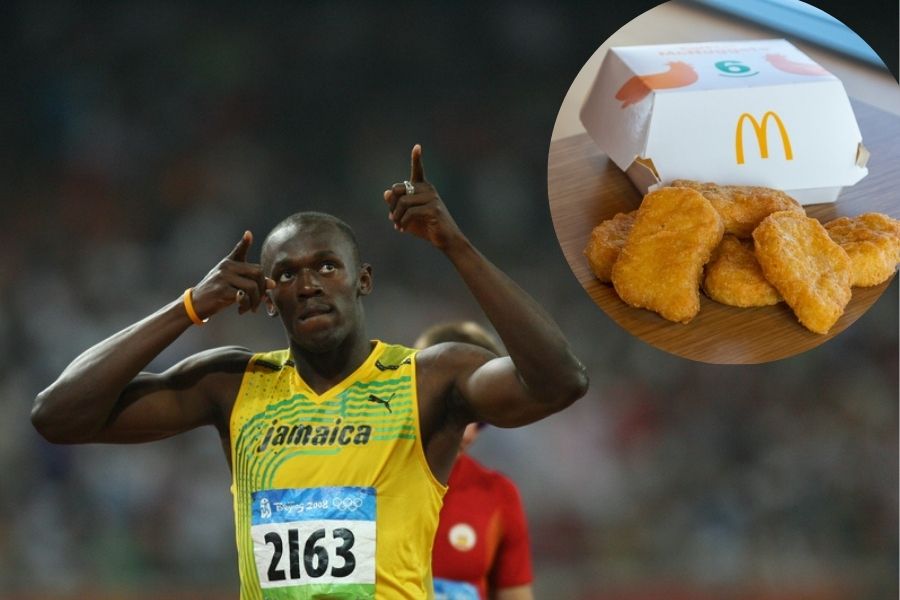I was chatting with a friend who works in marketing. She was telling me about her ongoing battle with her husband on the topic of their children playing sports. The common arguments were bandied about. “It's expensive”, “It might not lead to a career”, “The logistics are too complicated”, “They will miss out on their schooling experience”, “It’s too much pressure”, etc. Our conversation was cut short by a work call, so I promised to pick it up over the weekend. Meanwhile, I asked some people I work with or had worked with about playing sports. Some of them have continued in professional sports, the others left sports and pursued other careers. Let’s hear some stories.
How different is life if we are in sport?
The short answer is very different and not different at all. I worked with a cricketer who was playing competitively from the age of 12 to 19. He did not have the same experience as other kids his age. Different, yes. Lesser? I am not sure.
He went to summer camps, only that they were cricket camps and tours. He went to parties and celebrations, only that they were to celebrate some cricketing success. He had some friends at school, and many more friends through cricket. Some of his close friends were competitors vying for the same spot. He is still in touch with them (he left cricket at the age of 19 after an injury, he is 22 now). He watched TV a lot, but it was mostly when Virat Kohli or Dale Steyn were playing on the screen. Unlike most kids his age, he ate healthy, was fit, exercised daily and travelled the country. He learned the value of working hard and applying himself very early. He was taught to stick to a schedule even when it got boring. He learned to budget time and effort. He learned to work with people of different ages (when you are 17 and a 24-year-old is capable of bowling 130kph rockets at your face, you learn not to piss people off). He learnt to take responsibility for his actions, and feed himself when mom-dad did not travel with him. I am sure there are things he lost, but why not look at the things he gained?
Think about it. A 14-year-old getting the chance to play in some landmark, historical venues in cricket. Being treated as a fellow professional by adults who trusted him to hang in there during a semi-final match when the team was 6 down. All of us have gone to birthday parties; how many of us have batted at Chepauk stadium to save a crucial match. Some spend their entire lives dreaming of doing that. Playing a sport not only gives you a chance to learn, but also gives you the chance to experience the twin imposters, success and failure, at a young age. What more can we want?

Neurogenesis in teenage brains improves the ability to focus later in life and enhances working memory iStock photograph
‘It’s not practical’
This is something I often hear. The prevailing culture in India is to put a child in sport with the expectation that they will be in the Indian cricket team or win an Olympic medal. This kind of thinking pervades in other spheres, too — many parents hope that their child will go to the IITs and become a cross between APJ Abdul Kalam and Alan Turing. But that is illogical, impractical and does more harm than good. There is loads of research on the good that playing a sport does even if it does not become a profession. For example, team sports foster social connections and develop social skills. But that’s obvious. Let me give you something more specific.
I conducted multiple studies on resilience (see this study on what makes someone resilient and this study on how resilience develops) where elite athletes said that being in sports allowed them to understand failure better and made them better at responding to failure in other areas of life. Sports literally teaches you how to handle failure better as an adult. Now consider that sports involve complex decisions while doing some form of physical engagement. This leads to neurogenesis in teenage brains, which means new neural connections and development in parts of the brain that otherwise would have remained as they were. This improves the ability to focus later in life and enhances working memory.
Yes, it may not be the most practical thing, especially as the typical modern metropolis becomes ever more difficult to reside in, but beyond every argument I have made, sports are fun. Is that not reason enough to put a child in it?
Dr Sahen Gupta is a Kolkata-born, India- and UK-based psychologist who divides his time between mental health support and high-performance coaching. As the founder of Discovery Sport & Performance Lab, he works not only with Olympians and other top-level sportspersons, but also with CEOs and other professionals striving for excellence. Dr Gupta’s mission is to simplify complexities of the mind into actionable and simple ‘doables’ that allow individuals to be mentally fit.


